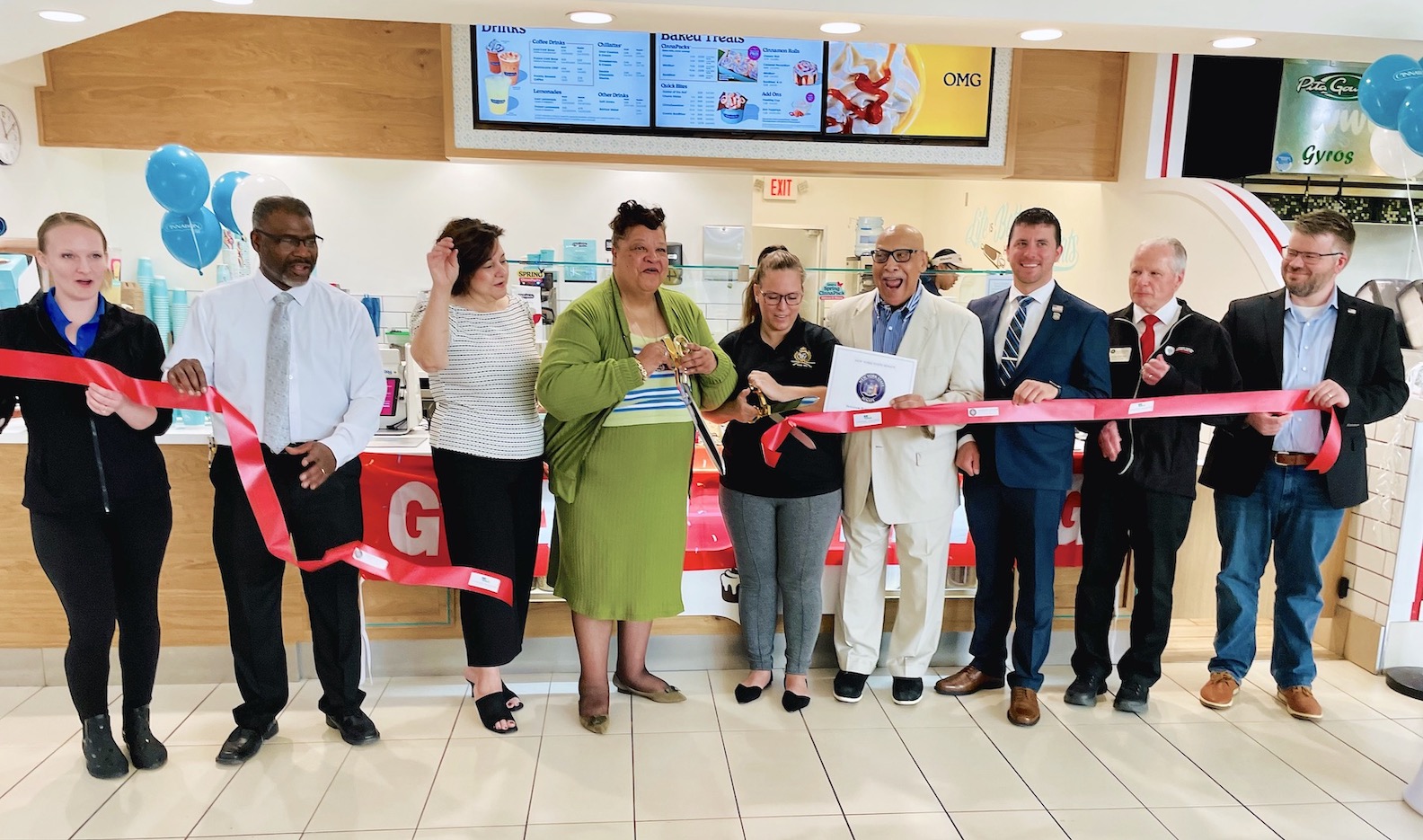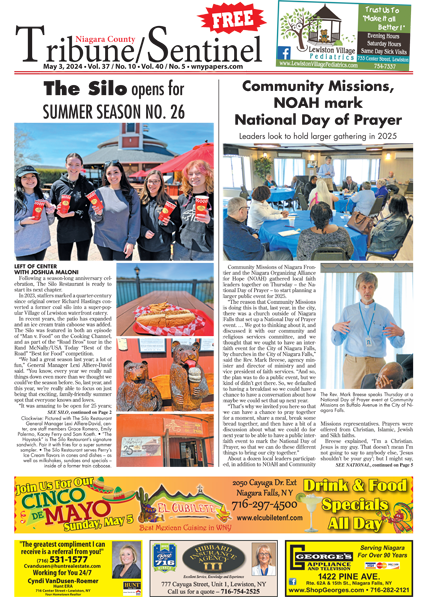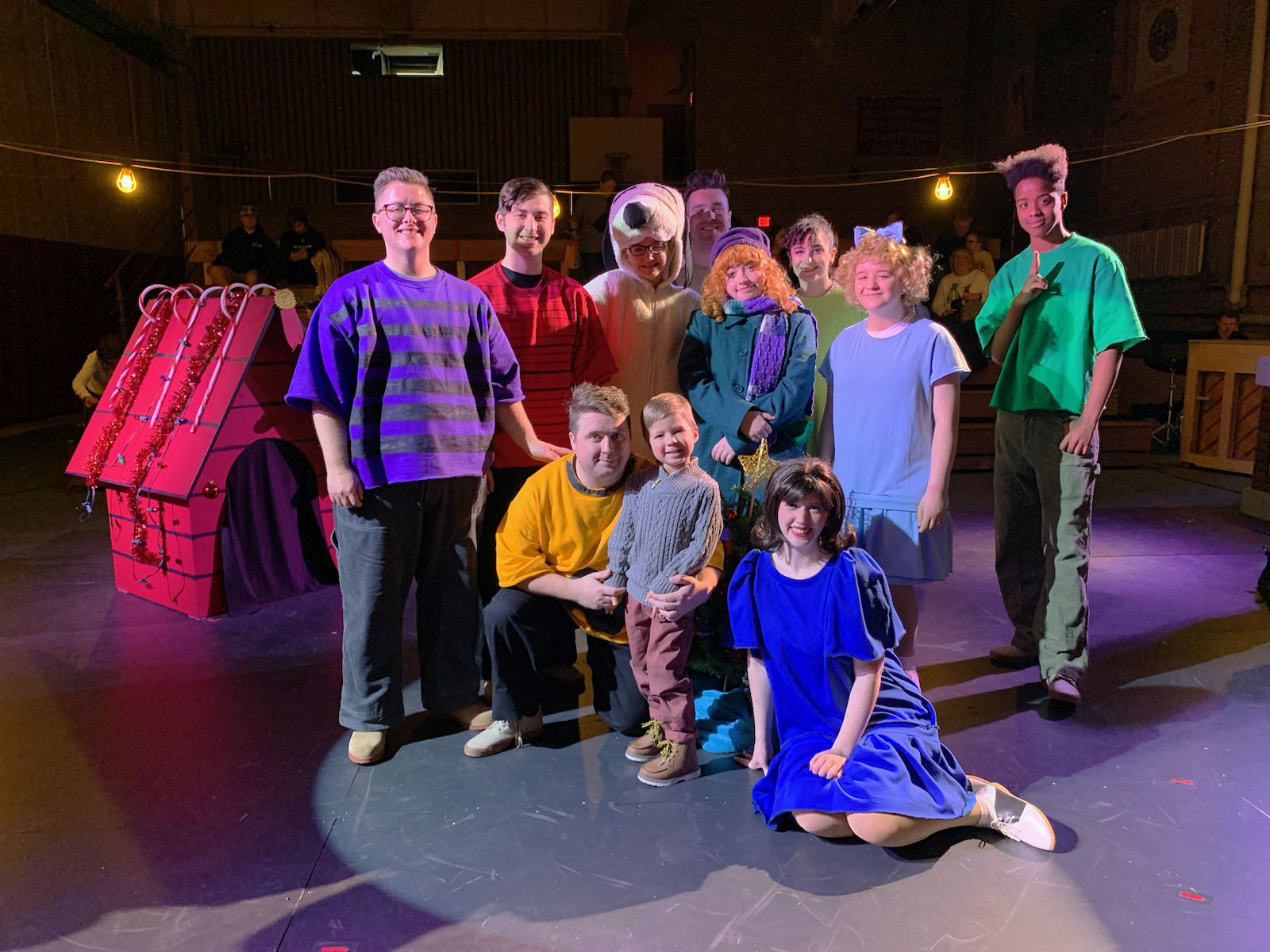Featured News - Current News - Archived News - News Categories
By Alice Gerard
Senior Contributing Writer
When Nora Conta was a 6-month-old baby, she couldn’t hold a bottle and she couldn’t grab toys. Her hands were closed tight, and she was unable to open them. It was when she was 6 months old that her parents wondered if something was wrong with their daughter.
At the age of 6, Nora was diagnosed with a rare condition called Pitt-Hopkins syndrome. According to the National Organization for Rare Disorders (NORD), “Pitt-Hopkins syndrome is caused by a change (mutation) in the TCF4 gene. This mutation occurs spontaneously and in almost all instances, does not run in a family. Pitt-Hopkins syndrome (PTHS) is a rare, genetic, neurological disorder. Affected children have distinctive facial features and experience intellectual disability, delays in reaching developmental milestones, impaired ability to speak, and can have recurrent seizures, and breathing pattern abnormalities.”
“At the time of her diagnosis, she was one of 500 in the world,” said Marie Conta, Nora’s mother. “The number is going up every day. I think more people are starting to hear of it. Our goal is to spread awareness, and have more kids tested. It took us five and a half years to get a diagnosis for Nora.”
Pitt-Hopkins Syndrome Awareness Day was Sept. 18. To help spread awareness and to raise money for research on Pitt-Hopkins syndrome, Conta established an organization called “Nora’s Ninjas.”
“She wasn’t really hitting any milestones or showing any interaction with us,” Conta said. “She’s very stiff. Her hands were closed tight. We couldn’t get her to open her hands to hold her bottle or grab for toys. When you tell her, ‘Come to mommy,’ she wouldn’t lean over to you. She couldn’t bear weight on her legs. Her feet were curled, and, every time we would stand her up, she would just buckle and pancake over. So there is no putting any pressure on her legs at all. And that was going on for about the first two and a half years of her life. She couldn’t walk.”
Nora was unable to move her hands out of the tightly closed position until she was 4 years old, Conta said.
“What caused her hands to open was pretty awesome,” Conta said. “My husband started to grow a little beard. They were snuggling together. I looked over and saw her hands start to open up on his facial hair. She loved that texture of his facial hair. One day, she just opened them up. When she realized what her hands could do, she started to do a lot of waving with her hands, back and forth. She puts her hands in her mouth a lot. It didn’t start happening until she opened up her hands to his face.”
Getting a diagnosis proved to be elusive, however.
“We kept going during all this time to see different specialists and had her tests done to try and figure out what is going on with her,” Conta said. “She has two older sisters, who are 8 and 9 years older than her. So, we knew what to look out for. At this point, we were pros at having kids. We just knew something was going on.
Specialists that the family consulted with included a geneticist, a neurologist, a pulmonary doctor and a vision doctor. A baseline genetic test, called a micro array genetics test, was done. Nothing showed up on that test, which “looks for very common disorders,” Conta explained. “We went back to the insurance and requested the next genetic test, which would have been the exome sequencing. They denied her because they felt there was no reason for this test, since everything up to that point had been coming back normal.
“It was quite a fight. They denied us multiple times, even with recommendations from the geneticist and so forth. I started looking around to see what else I could do to try and get this testing done. It linked up with the rare genome project, which is linked with Harvard University and the Broad Institute of Massachusetts Institute of Technology. You have to fill out an application and it mentions that, if your family gets picked, it’s all covered by a grant because you’re putting your child through research. It could take a few months to hear back. We got a phone call within just a few days that they wanted to pick up Nora’s medical file and work with us as a family. We did the first round of testing and research. It was about 11 months, and we hadn’t heard back. We had checked in with them, and they said everything was coming back normal, but they would keep her file and reanalyze the data yearly.”
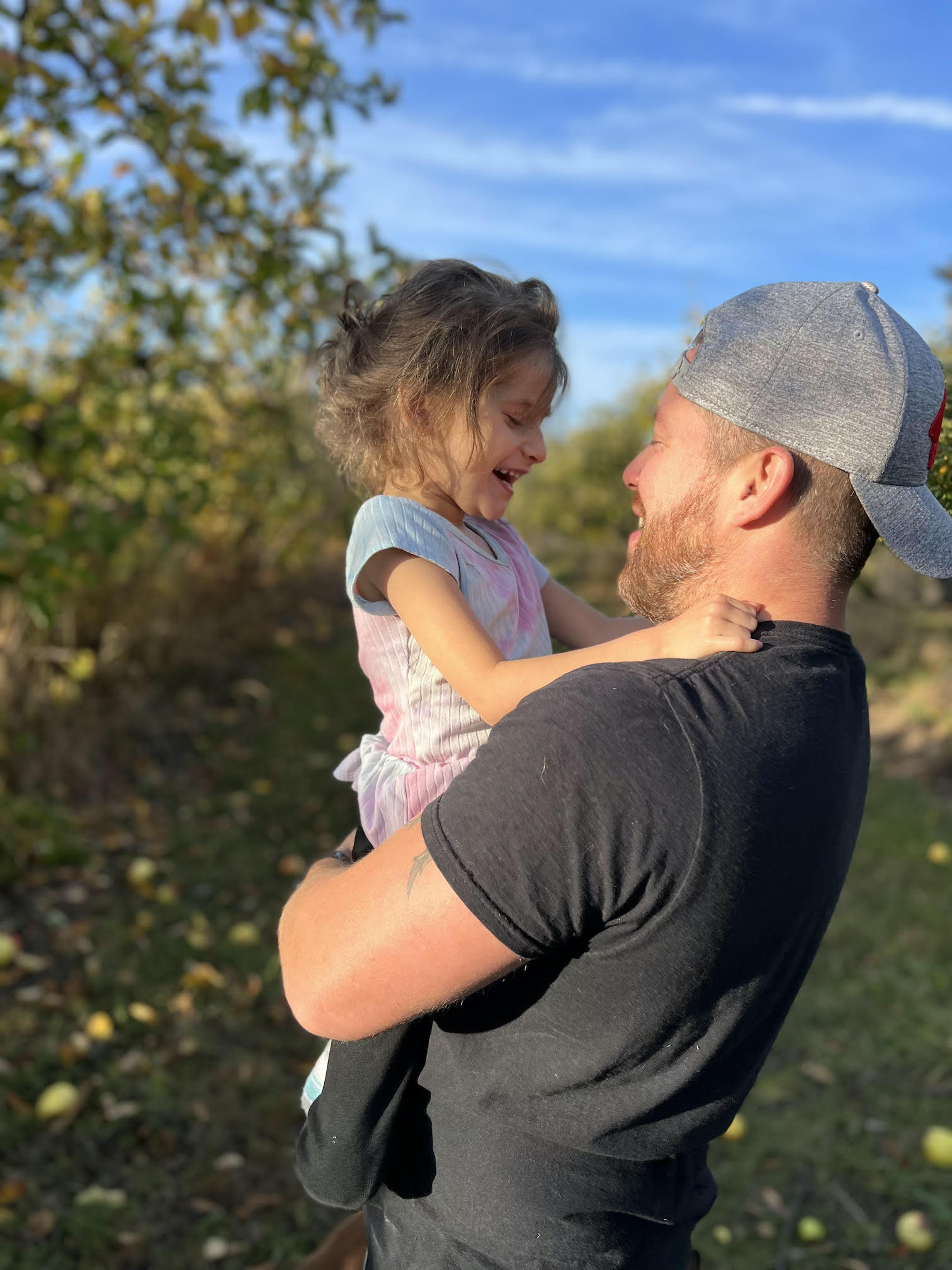
Nora Conta, whom her mother, Marie, describes as "a very happy girl. It's a blessing. She has her hard days, but, most days, she's the happiest kid alive. In her own little world, nothing is wrong. We would like to be more like her at times. She doesn't have a care in the world. She's taught us so much." (Photos by Marie Conta)
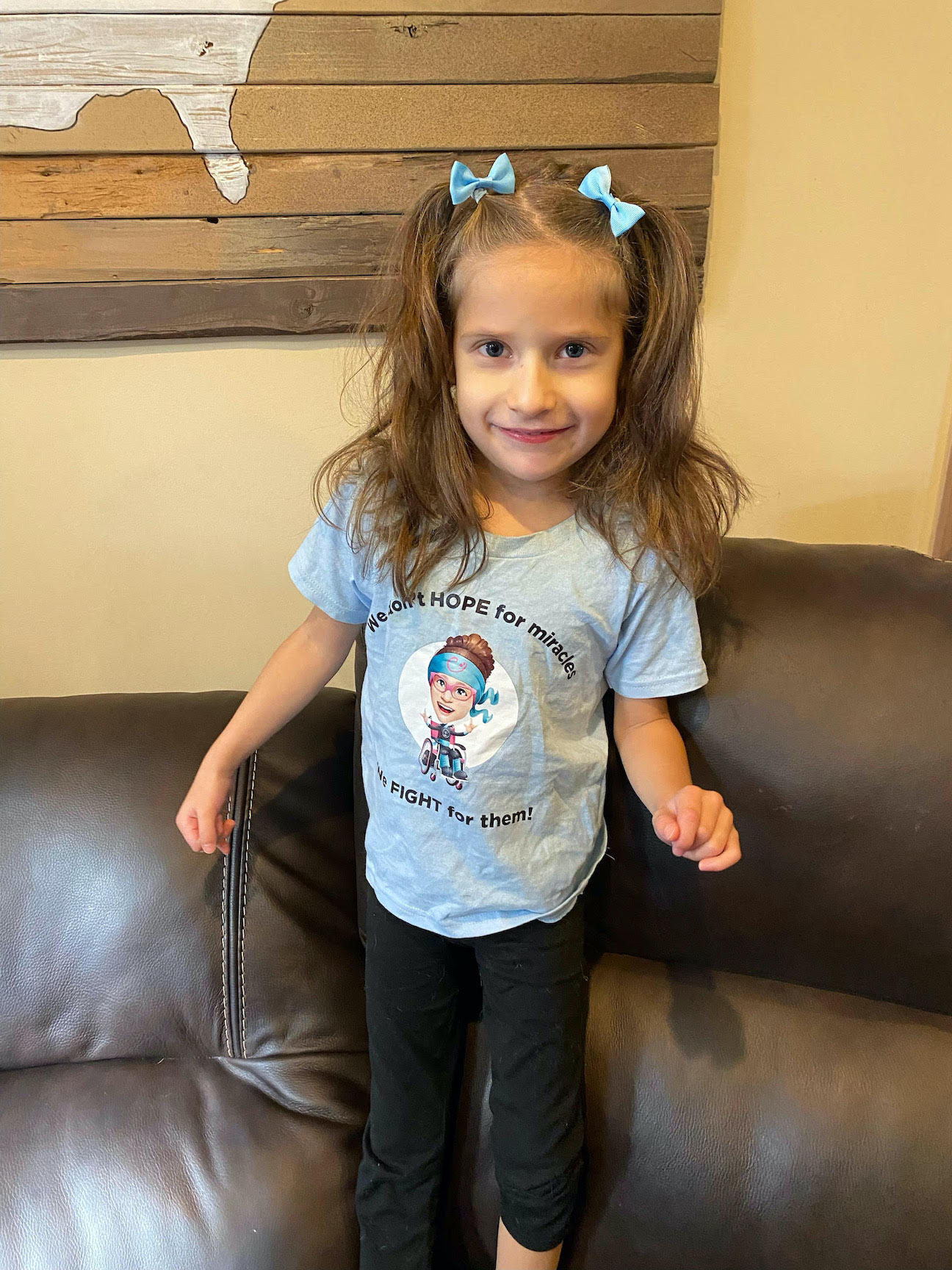
••••••••
At the time, Nora “was 4 years old. She still wasn’t walking. She still wasn’t talking. She still wasn’t eager to hold and lift her toys and play with them,” Conta said. “She played and pushed buttons on cause-and-effect types of toys. She wasn’t even holding her bottle. It was frustrating and it was heartbreaking because everyone is telling you your child’s OK but, in your heart, you know she’s not.”
All progress toward finding a diagnosis for Nora stopped in March 2020. “COVID hit and everything shut down,” Conta said. “A week before everything shut down, we learned that Nora had an autoimmune disorder. The doctor called and said, ‘Do not leave with this child. Do not go anywhere’ because we were newly gathering that information about her immunity.
“Like everybody else, we were at home. Up until that point, from (age) 6 months on, she was receiving early intervention at home. But, when COVID hit, that stopped. It took a lot for our family to adjust. We buckled down, and we worked together as a family. The older girls really played a huge part in our lives with their sister. They made a lot of sacrifices to adjust and just be there for us and for her all the time.
“In February of ’22, we received a call back from the rare genome project, saying that new scientists had joined the group and had selected Nora’s medical file again, and asked us if we would be willing to do more tests. I said, ‘Absolutely.’ They sent us a bunch of things in the mail that we had to take to Quest to get some more blood work done and so forth. So, we did that, and (a scientist from the rare genome project) reached out to us in August of ’22, saying that he may have figured it out and that he’s closing in on a diagnosis for our daughter.
“It was amazing, and it was scary at the same time. They had said that we had to go back and see the geneticist because they’re not doctors. So, it needs to be medically proved. They were going to link with Nora’s geneticist here in Buffalo and basically guide us as to what the next steps were to close in on this diagnosis. We went in and we saw the geneticist in September, and she sat us down and she told us what it could be. She told us it was a very rare condition that she had never heard of.”
The geneticist referred the family to a clinic in Boston General Children’s Hospital for one more test to confirm the diagnosis.
“On Oct. 13, we got an official diagnosis for Pitt-Hopkins Syndrome,” Conta said. “It was very scary because we started to look it up and read about it and join Facebook groups.”
Conta said she has learned a great deal about her daughter’s condition since her diagnosis. One thing that she said she observed is Nora’s mood: “She’s a very happy girl. It’s a blessing. She has her hard days, but, most days, she’s the happiest kid alive. In her own little world, nothing is wrong. We would like to be more like her at times. She doesn’t have a care in the world. She’s taught us so much.”
According to NORD, children with Pitt-Hopkins syndrome tend to be sociable and have happy dispositions.
“As a family, we all agree that she’s taught us patience,” Conta said. “We have a very active life, but when we need to put the brakes on, everybody’s in agreement. We all understand. Nora needs a minute. We need to reroute what we’re doing at that very moment. The only time she gets upset is if it’s something serious. We know something is going on. She takes a very long time to eat. Dinner time has become more of family time. It brings us together more as a unit, as opposed to it being a burden.
“People say, ‘Your life must be so hard.’ It is, but it’s not. It’s actually formed us more to appreciate what we have as a family. We’ve lost some people in our lives who don’t understand that plans have to change, and our family comes first. We’ve also gained a tribe of people who understand and want to be part of our family in helping us. A lot of changes have been made, and a lot of sacrifices have been made.”
Conta said the family likes to encourage Nora’s love for music: Music is what talks to her. She lights right up. We recently took her to a concert in Ohio to see her favorite band, Volbeat. They’re a European band from Denmark. The second she heard (the band), she threw herself in the direction the stage was in and just lit right up. She showed us that typical little girl screaming at her favorite boy band or their favorite pop band. She showed us a side of herself that we had never seen.”
Once again, however, the family is fighting the insurance company.
“Since Oct. 13, we put in a request to be seen by the specialist in Boston, and they’ve denied us four times,” Conta said. “I requested a fair hearing. We’re in the middle of our hearing right now. There are four specific doctors that she has to see, and they are the only doctors that know her condition around us. The next closest clinic is in Denver. That’s a longer trip. After our second hearing, they did approve us to see one out of the four doctors, which is better than none, and we were grateful for it. But I just reissued another hearing to go after the insurance, once again, to get the other three doctors approved.”
On Oct. 3, Taquito Lindo will donate $3 from every set of tacos sold to Nora’s Ninjas. Taquito Lindo will also accept private donations for Nora’s Ninjas. According to a Facebook posting from Taquito Lindo, “We have also worked with an anonymous donor to match up to $500 in donations.”

